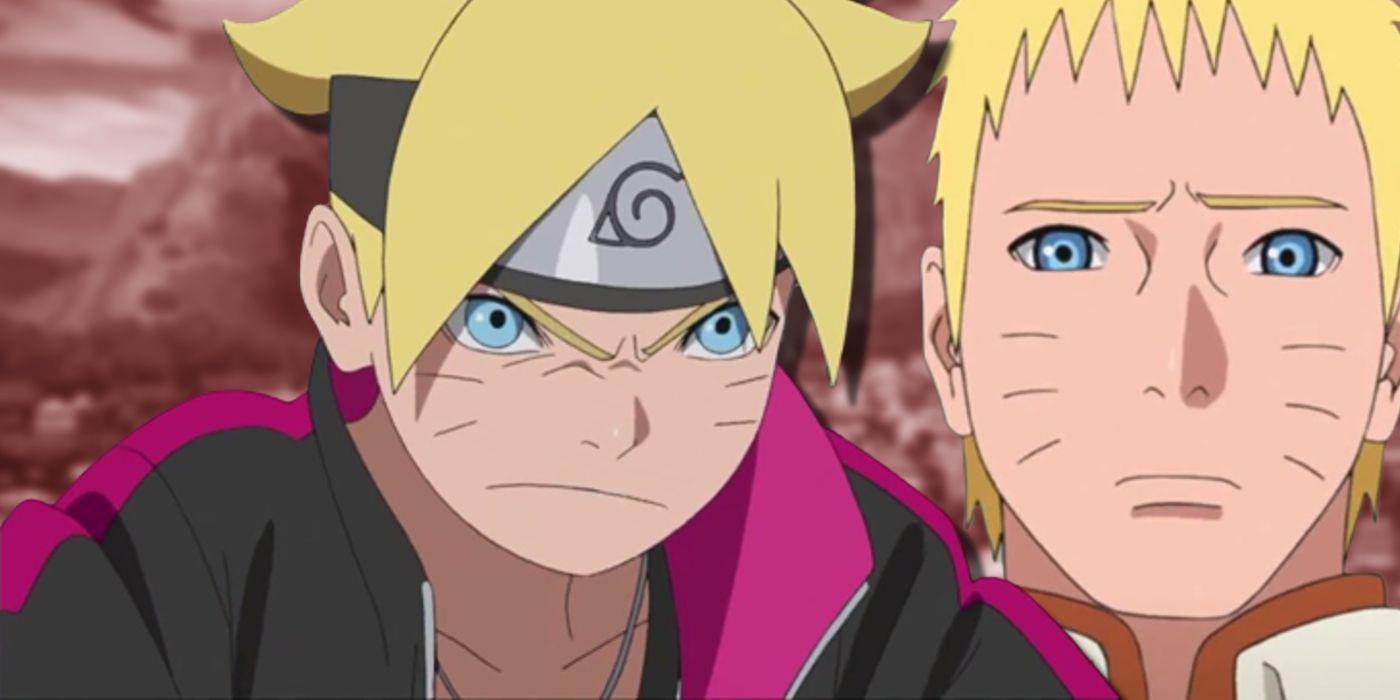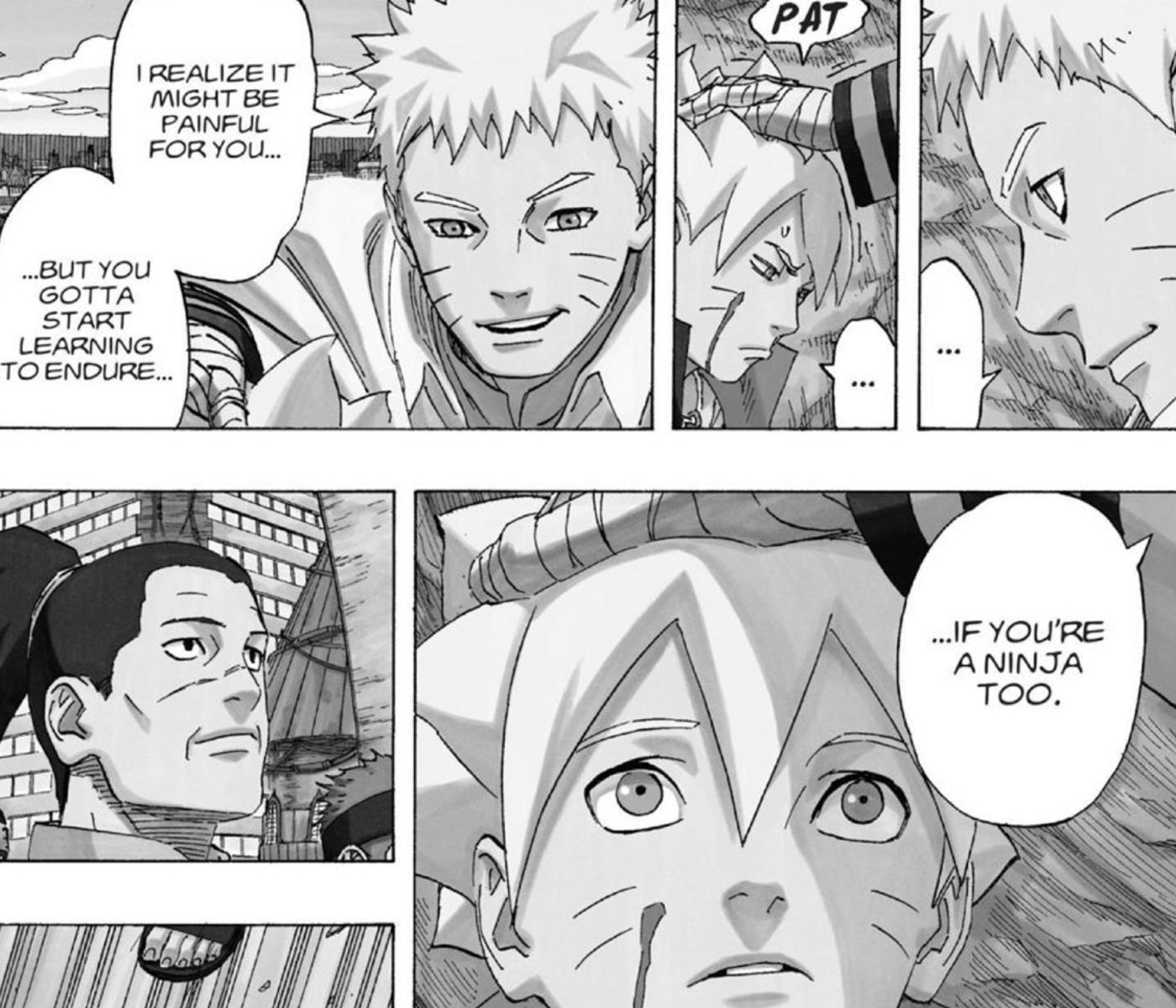Even many of Naruto's harshest critics admit that the series ended on a high note, and while the ending does work within the context of that original series, it basically guarantees Boruto had no chance of standing on its own.
Following the release of The Last: Naruto the Movie came Boruto: Naruto the Movie. This film, along with the manga and anime series it spawned, followed the children of Naruto's main characters. While the Boruto movie was generally well received by fans, the media that spun out of it has met a far rockier reception. The sequel series undoubtedly has its fans, with some arguing it doesn't deserve the hate, but the consensus among many is that it doesn't add much to the original. No matter what fans think of Boruto though, when looking at Naruto's ending, it's clear that the sequel series was always going to face an uphill battle.
After an epic battle between Naruto and Sasuke, Naruto finally came to an end with chapter 700 of Naruto. Taking place more than a decade after the previous chapter, readers finally get to see Naruto and all his friends grown up. Naruto has finally realized his dream of becoming Hokage and seems to live a peaceful life with his wife Hinata, his son Boruto, and his daughter Himawari. In the series' very last pages, Boruto is established as a chip off the block, painting Hokage rock to get the attention of his father. Though Boruto is frustrated by Naruto's role as Hokage, the older and wiser ninja tells his son that the whole village is his family now, and that he has a responsibility to look after everyone. This is a fitting ending to Naruto and shows how far the character has come... the problem is that it does not work as set up for what would come later in Boruto.
The thing that makes Naruto's ending work is how it brings the series full circle. Boruto is intentionally made to be evocative of how Naruto started off as a way to illustrate how much Naruto himself had grown. Instead of being a delinquent, Naruto is now in a position of authority. Instead of being harsh or distant like many of the adults in Naruto's life were though, the Seventh Hokage tries to empathize with his son. Boruto starting off like his dad makes sense in this context but is poor groundwork for a sequel series. Worse yet, all of Naruto and Boruto's similarities just highlight their differences. Naruto's status as an outcast made his acting out sad while Boruto's improved social status makes his delinquency annoying. Naruto was always defined by his ambitions, both to become a Hokage and eventually to rescue Sasuke. In contrast, this final chapter leaves Boruto with far less concrete goals.
Whether intended as a backdoor pilot for the Boruto series or not, Naruto's ending set up its sequel for failure. Without Naruto's ambition and status as a social pariah, Boruto just isn't as compelling. He's too similar to Naruto to be fresh, but the ways in which he is different just make him feel like a poor copy. Though Boruto deserves much of its criticism, it's difficult not to look at it in a different light based on what it had to go off from Naruto's ending.


